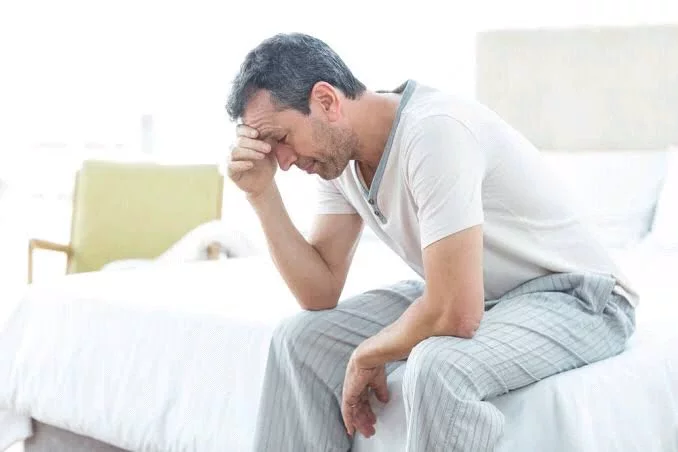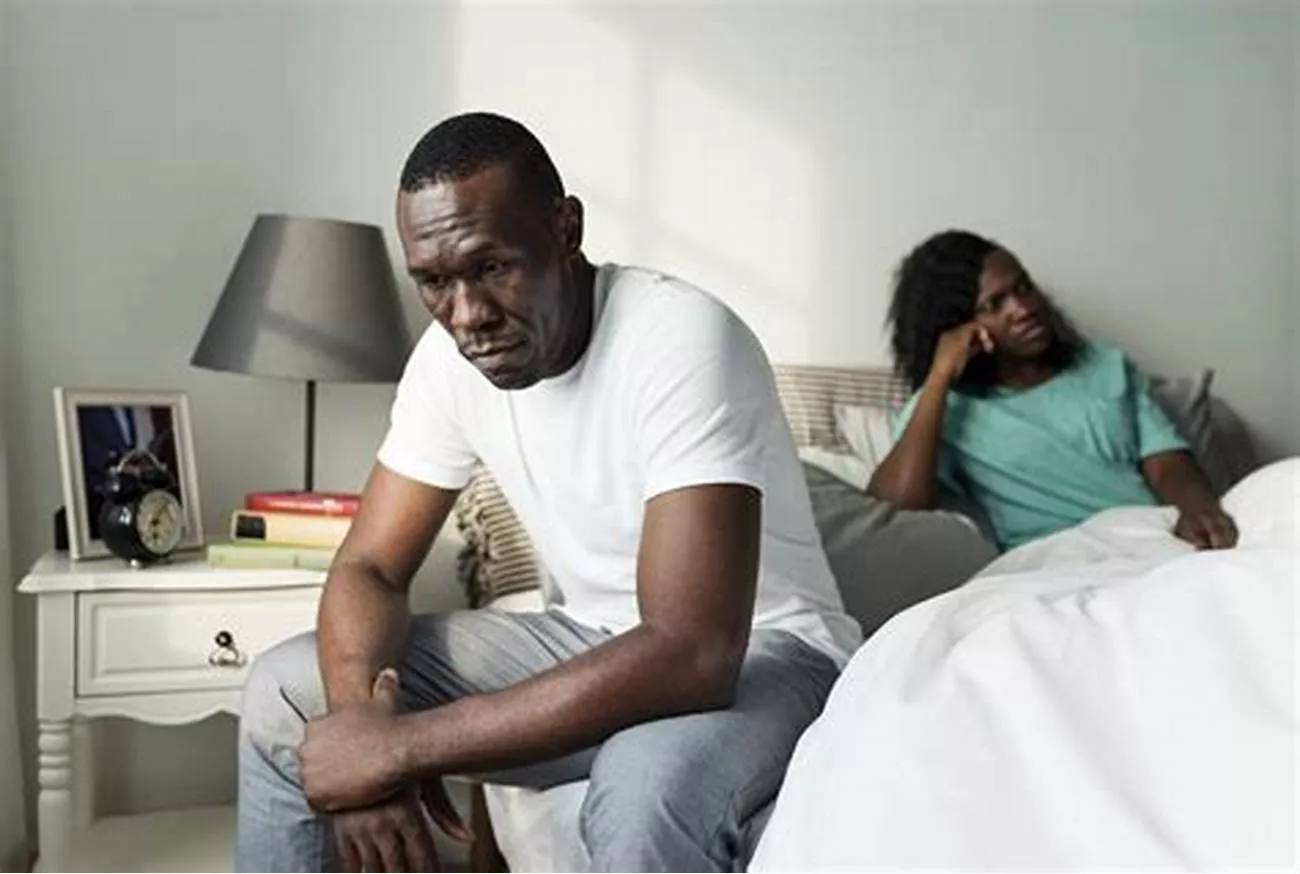
Men's pènis can change in a number of ways as they age. It is conceivable that the pènis will shorten and the testes will start to shrink as one ages. A diminished s£x drive may also result from the pènis cells losing some of their sensitivity. In addition, males may suffer from prostate problems and erectile dysfunction, which can seriously harm their intimate relationships and general health.
Men's p£nis length tends to shorten with age, which is the most obvious physical alteration. An elderly man's pènis may only be four to five inches long, as opposed to a young man's, which can range in size from five to six inches. The amount of muscle, tissue, and blood vessels in the pènis decreases as men age, which may be the cause of this shrinkage, according to Mayoclinic. The pènis also loses some of its flexibility as the inside walls become stiffer.
The testes will start to shrink in addition to getting smaller. This is related to a drop in testosterone levels that occurs in males as they age as a result of the testes producing less hormones. A guy may as a result struggle to £jaculate, have fewer erections, and have decreased libido.
In addition, the pènis cells become less sensitive with age. The pènis may have weaker feelings as a result of this. In addition, orgàsms could be harder to reach and touch might not be as enjoyable. Additionally, erèctions could be harder to get and might not last as long, leading to less s£xy encounters.
Men over 40 are also more likely to experience erèctile dysfunction (ED), which is the inability to get or keep an erèction for long enough to engage in s£x. This can be a challenging issue to handle because it can have an impact on a man's self-confidence and connection with his girlfriend. ED can be brought on by psychological problems, medical diseases, the use of specific drugs, and lifestyle choices including excessive drinking and smoking.
Men may experience prostate problems in addition to ED as they age. BPH, or benign prostatic hyperplasia, is one of the most typical prostate problems among older men. It can result in reduced urine flow, frequent midnight urination, urinary tract infections, and bladder damage if left untreated.
As men get older, it's critical that they monitor the condition of their prostate and p£nis. To keep track of any changes and handle any unsettling symptoms, seeing a doctor at least once a year is advised. Making healthy lifestyle changes like exercising frequently and eating a balanced diet can also help lower the likelihood of developing ED and prostate problems.
















Comments